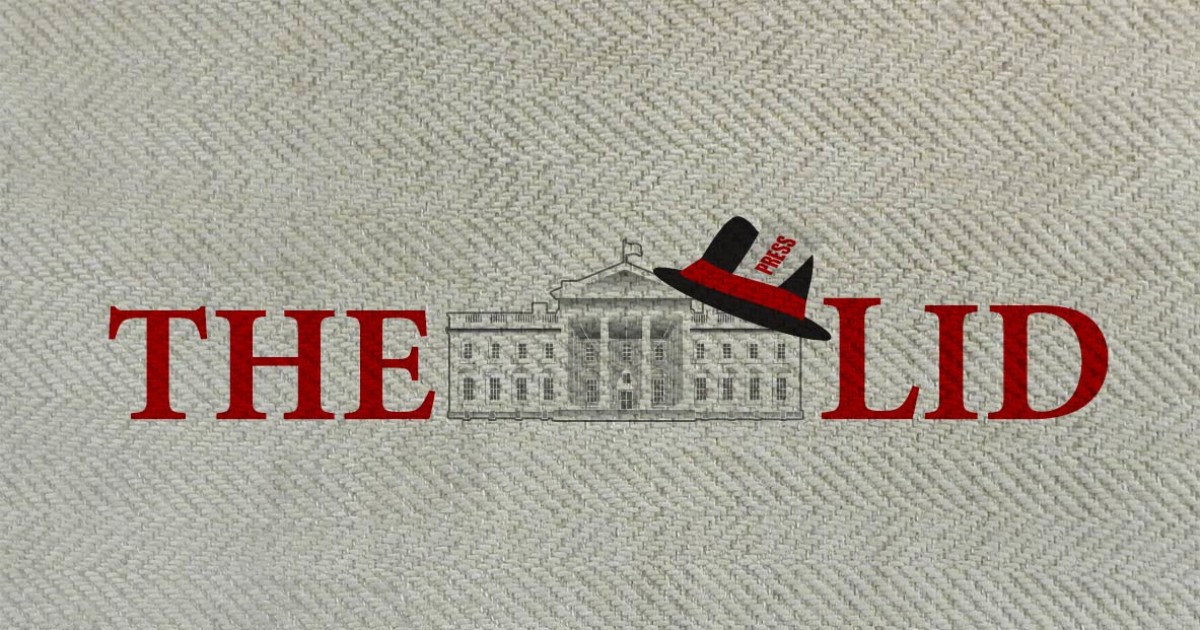Guest post by Philip Hodges
It had been a while since we had heard anything about Obamacare, until news of major insurers leaving the exchange started making regular headlines over the past couple weeks.
Obamacare had managed to keep a low profile in the media, perhaps because the past couple of years have been a presidential campaign, and the Affordable Care Act makes the Democrats – or, politicians in general – look bad. By the media ignoring it, most people probably assumed that everything must be fine with it.
November 1st marks the first day of open enrollment for the next health insurance coverage period.Yahoo News is reporting that the hefty premium hikes that beneficiaries will be facing could spell disaster for the Democratic Party in the House and Senate, especially since those premium increases will be felt a week before Americans vote in the General. If Americans are hit with enough sticker shock, that could cost many Democrats their seats:
At least seven Republican-held seats are seen as being in play, including Illinois, New Hampshire, Indiana and Wisconsin, as well as the three crucial swing states of Ohio, Pennsylvania and Florida. Four other races — including veteran Republican Sen. John McCain’s reelection effort in Arizona — are deemed competitive by political experts.
But the political field is littered with potential landmines, and a sleeper issue that could explode in the Democrats’ faces is the Obamacare premium rate hikes.
[…]Even as many major insurers, including Aetna, Humana and United Healthcare, have begun pulling out of many markets, threatening the long-term survival of the program, Obamacare is a secondary concern for many — well behind the economy, terrorism and even the budget deficit.
Yet that could all change later this fall, shortly before the Nov. 8 election, when consumers in key battle ground states are confronted with huge increases in their premiums and out-of-pocket costs for the coming 2017 insurance season.
Early this week, three major insurers in Tennessee — Cigna Health Insurance, Humana and Blue Cross Blue Shield — were granted massive premium increases after the state’s insurance commissioner warned that the Obamacare markets were “very near collapse.”Those rate hikes ranged from 44 percent for Humana to 62 percent for BlueCross Blue Shield of Tennessee.
State insurance commissioners throughout the country are warning consumers that similar big rate hikes are in the offing for them. And as Politico reported on Friday, some of the steepest increases have been requested by health insurance companies in nine of the 11 states with competitive Senate races.
Over the past couple years, what has happened is that lower income people who were previously uninsured have been buying health insurance, and many of them are buying it for the first time. They’re also unhealthy and in need of constant care. That’s exactly the kind of patient that the government claimed to want to help, but it’s the exact opposite of what insurance companies want.
So, now, insurance companies have been signing these people up through the Obamacare exchanges, but they haven’t been able to convince the younger, healthier people to sign up as well, to help offset the costs.
Major insurers such as Aetna, UnitedHealth, and BlueCross have lost billions of dollars in the process just over the last couple years – yes, all the while giving their CEOs and other executives multi-million-dollar salaries and bonuses – and are deciding to bail on Obamacare. It’s unsustainable for them. There’s no incentive for them to sign up sick, lower income people, because they’re losing money covering their health costs.
In many states and counties around the country – particularly rural areas – people are faced with only one plan to “choose” from. Pinal County in Arizona has none.
Originally, the way Obamacare was supposed to work was that either the feds would provide the platform through which insurers could sell their products (healthcare.gov), or individual states would roll out their own respective exchanges.
It was going to be a win-win-win situation: Major insurance companies would get more customers, because of the individual mandate; lower income people with no insurance would be buying “affordable” health plans for the first time; and most importantly, Obamacare – particularly the President himself – would get all the credit.
That was the plan anyway. When the law first went into effect, and people could start purchasing insurance plans on the exchanges, the federal marketplace website healthcare.gov turned out to be an utter disaster. That, coupled with skyrocketing premiums, and the fact that people were signing up at an embarrassingly slow rate, led many to speculate that the whole thing was set up to fail, to make way for a single-payer system or public option.
It’s hard to tell whether such things really are that well-thought out in advance, or if it’s just the government doing what it’s best at: over-bureaucratizing things and making a giant mess in the process.
Crossposted From EagleRising






